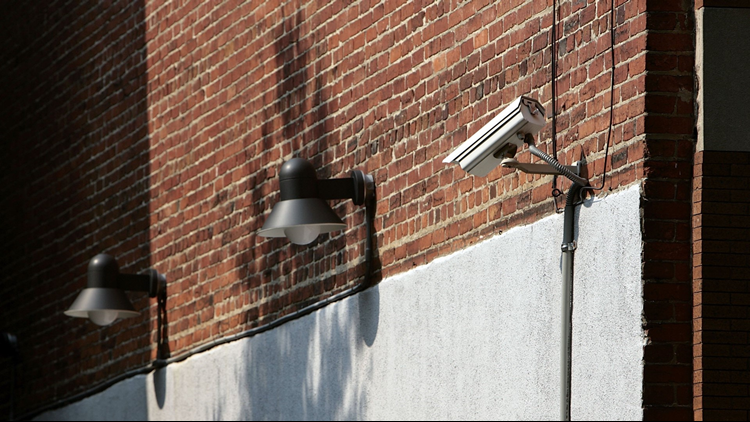Recording devices have become more common as technology advances and people look for a reliable "eye witness" in case of an incident in their every day lives.
Nanny 'cams', home security cameras and dash cams are easily accessible to the average citizen and all three are legal in California. However, like in many legal cases, there are gray areas.
California is a "two-party consent" state which means permission must be granted from all parties in order to make a recording lawful. Typically, this law applies to "confidential communication" such as a private phone call or private conversation. A person at a public gathering shouldn't have reasonable expectations that their conversation can't be overheard or recorded.
As an overall rule, dash cams and home surveillance cameras are not used to record secret conversations but are more so a personal protection or defense while driving or against porch thieves and home intruders.
Owners of these cameras don't need to ask permission to record in a public place so as long as there is no audio eavesdropping on a private conversation. This applies to home security cameras.
"Cameras facing the public street or sidewalk likely don't intrude into a private place," explained Anupam Chander, a law professor at UC Davis. "However, if they have very strong microphones, they could potentially capture audio spoken far away between two people reasonably expecting not to be overheard."
This is where a person could potentially claim intrusion into a private place or conversation and a privacy tort can come into play as a civil action in California, according to Chander.
A privacy tort for intrusion could also apply if a court decides that a video recording of the nanny violates "community norms," Chander said.
The community norm refers to the expectation of privacy that is relative to the customs of the time and place, occupation of the person being recorded, and habits of the community around them such as neighbors or other citizens.
For example, a nanny should expect to use a bathroom in private without being recorded because it is the customs of time and place. If a person is getting paid to care for a child in a home that isn't their own, they shouldn't have a reasonable expectation to privacy in common parts of a home that isn't theirs.
A person should also have reasonable expectations that someone who doesn't live in their home, such as a caregiver or nanny, wouldn't invade their privacy while working inside their home by placing a recording device in the house without permission.
However, Chander said an outcome in court "depends." There may be circumstances in which a courtroom could side either way.
When it comes to dash cameras, a driver in California is obligated to let a passenger know if their audio conversation is being recorded because of the two-party consent laws. This could apply to ride-sharing drivers with companies such as Uber or Lyft.
California law states, that "a vehicle equipped with a video event recorder have a notice posted in a visible location which states that a passenger’s conversation may be recorded."
Dash cams are also not allowed to store more than 30 seconds of data before and after the event that triggers its recording function.



